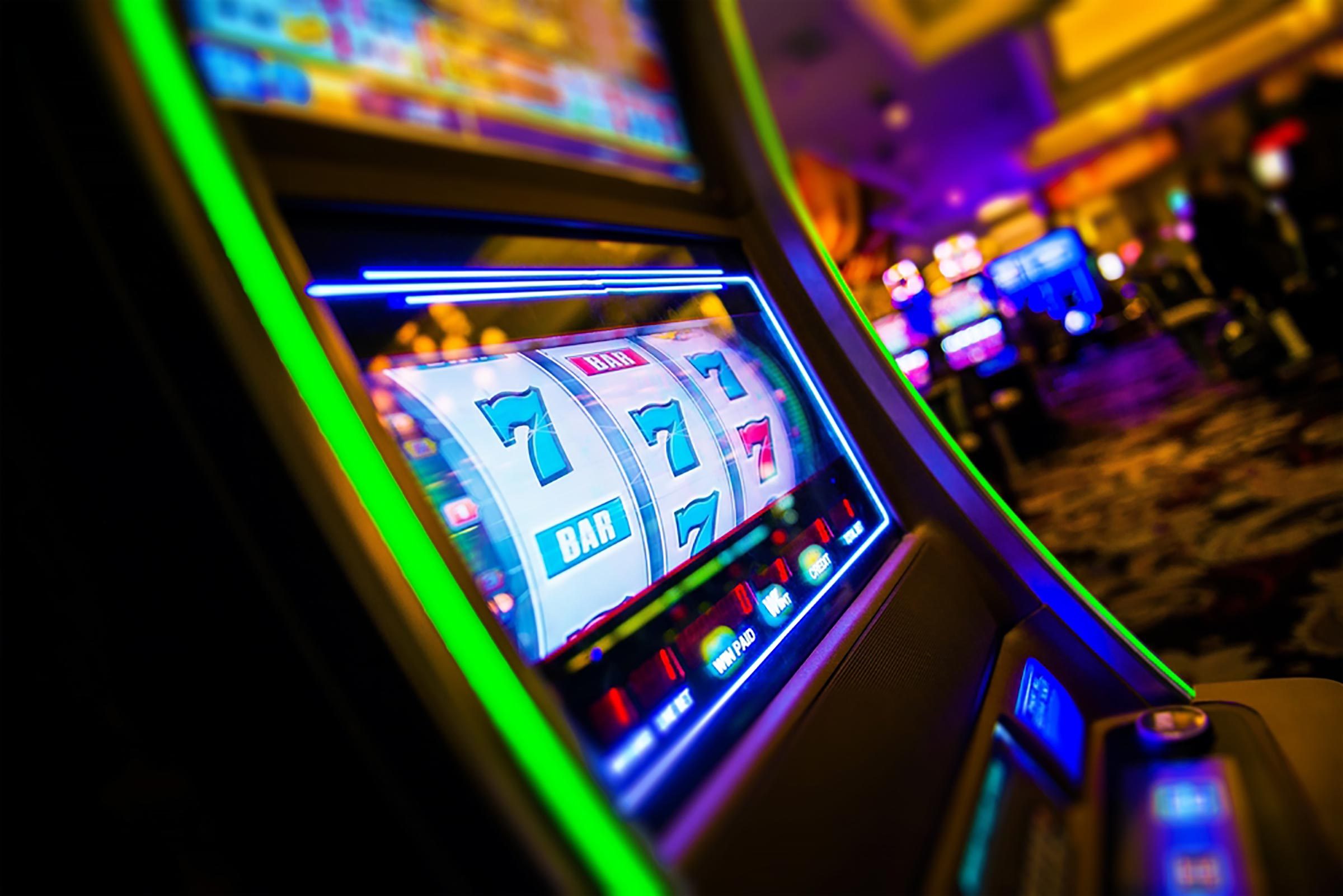Examining the Ethics of Casino Gaming

Gambling in casinos has long been a topic of interest and controversy, drawing in millions of players globally. With a blend of luck, skill, and the thrill of uncertainty, casino games offer an exhilarating escape from everyday life. However, as entertainment becomes ever more accessible, it calls for a more thorough examination of the morality surrounding these games.
At the heart of the discussion lies the issue of whether casinos promote responsible gaming or take advantage of at-risk individuals. The appeal of potential winnings versus the reality of losses can create a complex dynamic, and understanding this balance is essential for both players and operators. As we delve into the ethics of casino gaming, we will explore the responsibilities of casinos, the impact on society, and the steps that can be taken to foster a better gaming environment.
The Impact of Casino Gaming on Society
Casino gaming has a considerable influence on the community, affecting not only the economy but also interpersonal dynamics and community structures. The funds generated from casinos can lead to employment opportunities and boost regional economies, as they provide numerous employment opportunities in different sectors including hospitality, entertainment, and shopping. However, while the financial benefits can be substantial, communities often struggle with the possible negative impacts that arise from increased gambling activity. Nổ hũ 99ok
Additionally, the presence of casinos can lead to an increase in gambling addiction, presenting significant challenges for players and families. The thrill of casino games can quickly evolve into a compulsive habit, affecting personal relationships and leading to monetary issues. Many individuals may struggle with the loss of control over their gambling behaviors, resulting in a need for community support services and help to address this increasing issue. The social cost of addiction can extend through kinships and neighborhoods, creating an urgent need for responsible gaming initiatives. 99ok
In addition to the economic and social consequences, casino gaming often showcases cultural attitudes towards risk and leisure. It can foster a sense of excitement and leisure, attracting tourists and boosting tourism. However, this allure may also mask the broader implications of gambling as a method of entertainment, provoking ethical questions about its promotion and accessibility. As communities weigh the advantages and disadvantages of casino gaming, the need for sensible approaches and oversight becomes increasingly critical in ensuring that the beneficial elements are enhanced while minimizing the negative effects.
Moral Concerns in Betting Practices
The ethics of casino operations often revolve around the risk for addiction and its effects on individuals and families. Gambling can lead to significant monetary distress, impacting not only the betters but also their loved ones. As people become entrapped in the appeal of winning, many lose sight of their budget, which can result in catastrophic outcomes such as insolvency. This raises ethical questions about the responsibility of gambling establishments in promoting responsible gambling habits and offering support for those who may be dealing with betting addiction.
Another critical concern is the advertising of gambling to vulnerable groups. Gambling establishments often aim at low-income people or neighborhoods with the offer of fast rewards, which can continue cycles of poverty and despair. In this context, the morality of marketing strategies used by casinos come under scrutiny, as they may exploit the need of people seeking an escape from economic troubles. This manipulation raises ethical questions about the integrity of the gambling industry and its responsibility to protect its most vulnerable customers.
Additionally, the impact of gambling operations on the community as a whole cannot be ignored. While some argue that casinos create employment and stimulate local economies, others point to the community costs associated with problem betting, increased crime rates, and a burden on public services. Balancing economic benefits with the potential for community issues presents a complex moral dilemma for lawmakers and casino operators alike. The difficulty lies in discovering a responsible approach that takes into account the welfare of people and society while still permitting for the pleasure of gambling gaming.
Oversight Framework and Obligations
The regulatory structure pertaining to casino activities is developed to ensure justice, integrity, and gambler protection. Different government entities and casino commissions set and implement regulations that dictate how gaming operations operate, the criteria for game design, and the protocols for managing winnings. These regulations differ by region but typically involve licensing requirements for operators and strict measures to avoid deception and scams.
In furthermore to regulatory bodies, gaming operators bear significant accountability in maintaining ethical standards within their facilities. They must implement ethical player practices that support player security and awareness, including presenting self-limitation options and sharing information about the risks associated with betting. Operators are also accountable for instructing staff to identify signs of problem betting and understand the correct steps to support visitors in distress.
Moreover, openness in casino operations is essential for building and maintaining public faith. Gaming establishments should present clear information about the chances of operations, advertising deals, and any related risks. By promoting an environment of integrity and trust, gambling establishments can help mitigate the potential negative impact of gaming while enhancing the overall betting experience for all players.